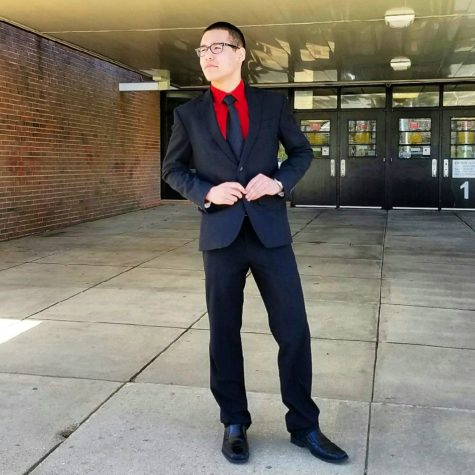Puerto Rico’s Uncertain Future
An economically unstable island struggles with its dependency on the U.S.
Ricky Rosello of the New Progressive Party of Puerto Rico ascended to the highest office in the island on November 8th when he won the Governor’s seat by 3%, beating out the Popular Democratic Party opponent, David Bernier. Why is this significant? Rosello wants Puerto Rico to become the 51st state of the United States.
Puerto Rico is a territory of the U.S. and is about the same size and population as the state of Connecticut. Every single person born in Puerto Rico is an American citizen, yet there resides an undercurrent of resentment towards the U.S., it’s a sentiment that has prevailed since the Vietnam war. Many feel Puerto Ricans are treated like second class citizens. For starters, they aren’t allowed to vote for President, they have no vote or representation proportionate to their population in the House, and they have no representation at all in the Senate. The only influence Puerto Ricans have in the U.S. consists of a non-voting Resident Commissioner. His lack of a vote means he has his say on an issue but rarely changes the outcome of legislation.
What do Puerto Ricans want, and who is stopping them? Puerto Ricans want statehood. The island is struggling financially and the only way to file for bankruptcy under Chapter 9 is to become a state. With a Republican majority congress, this is impossible. Republicans would indefinitely refuse any proposal to give the consistently Democrat leaning island of 3.5 million people political influence in the U.S..
On top of the lack of representation, legislation titled the Puerto Rico Oversight, Management, and Economic Stability Act (PROMESA) or as it is known in Puerto Rico “la junta fiscal” recently passed in congress with wide bipartisan support. The law gives a congressional committee unilateral power over fiscal policy on the island. Many speculate that the committee will take sweeping steps towards austerity, including the privatization of key institutions like the University of Puerto Rico, water and electricity services, and major toll roads.
Legislators in Puerto Rico can’t so much as purchase a roll of toilet paper without the “junta fiscal” breathing down their necks. The economic motivations for the committee scream of mercantilism and colonial rule. Puerto Rico currently serves solely as a cash cow for bondholders who looked to take advantage of the island’s constitutional provisions that ensure it pay back its bond debts, prioritizing that above other spending. Spending is controlled and overseen by an all-powerful committee whose sole job now seems to be to ensure that Puerto Rico pays back its debts by any means necessary as exemplified by the radical measures they’ve proposed, such as lowering the minimum wage for those under 25.
Tensions between organizations that favor Puerto Rican independence and the committee are so high that the “junta fiscal” can’t even meet on the island for fear of retribution. Instead the committee opts to meet in New York City, the same place now Governor-elect Rosello testified before the United Nations Decolonization Committee in an effort to have Puerto Rico re-classified as a colony of the United States.
Regardless of who gets to make decisions for Puerto Rico, they have the huge burden of rebuilding and maintaining a crumbling infrastructure system, keep a sinking economy afloat, save an underfunded retirement program, and pay back its immense 72 billion dollar debt. “La junta fiscal” must submit a report no later than December 31st, 2016 that outlines its plan for fiscal reform on the island. Meanwhile, Governor-elect Rosello and the new Resident Commissioner of Puerto Rico Jennifer Gonzalez will focus their efforts on achieving statehood for Puerto Rico, hoping to beat out the District of Columbia as the 51st state of the union.

Fabian Gonzalez-Cortes, Staff Writer at the Oakton Outlook with a focus on local, national, and international news with an emphasis on public policy and...


